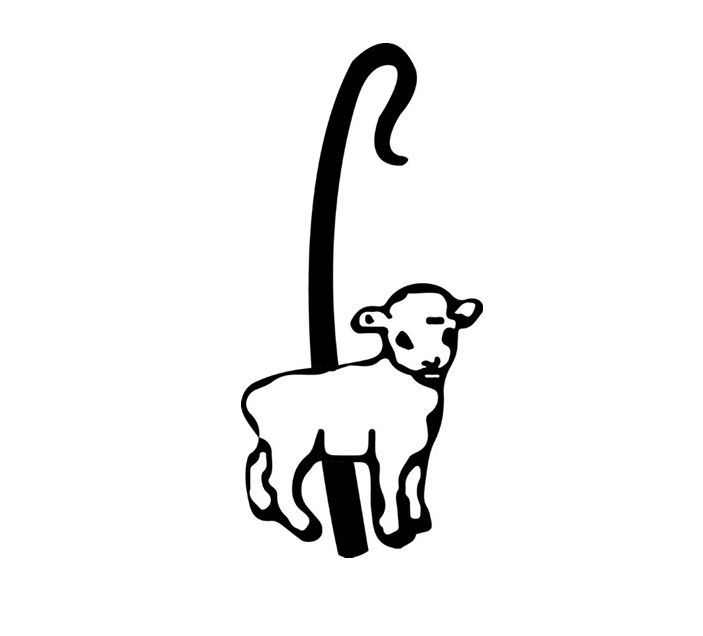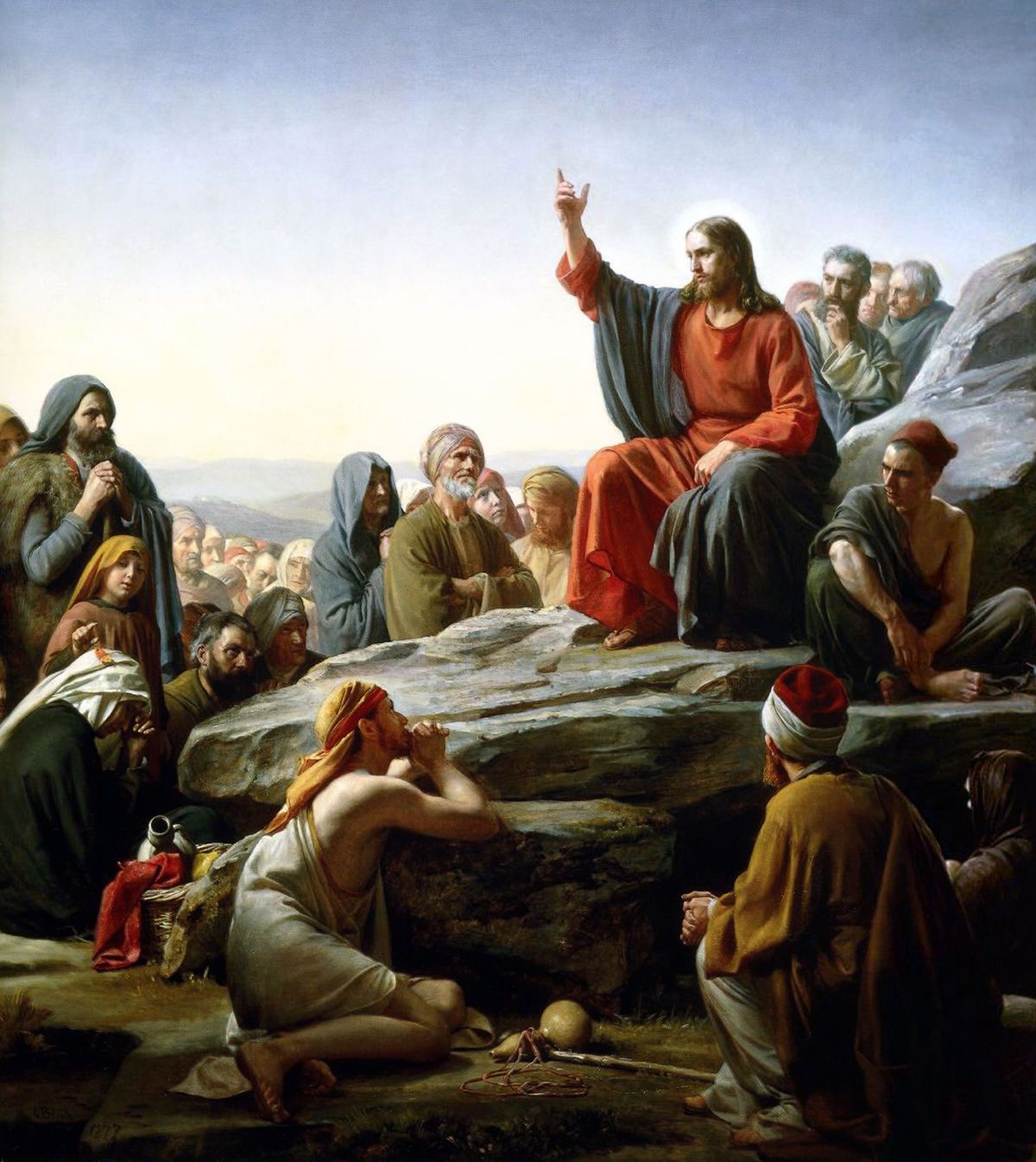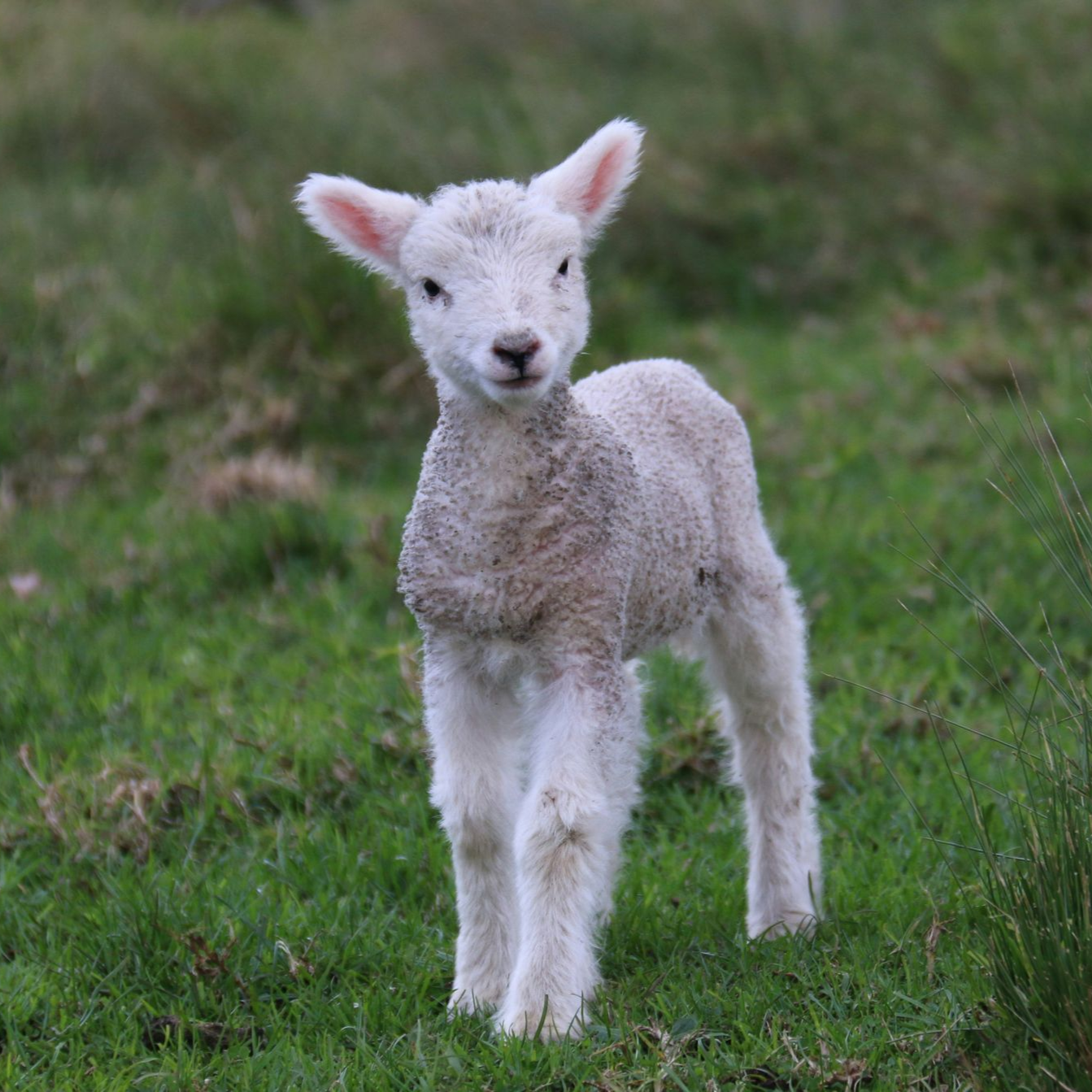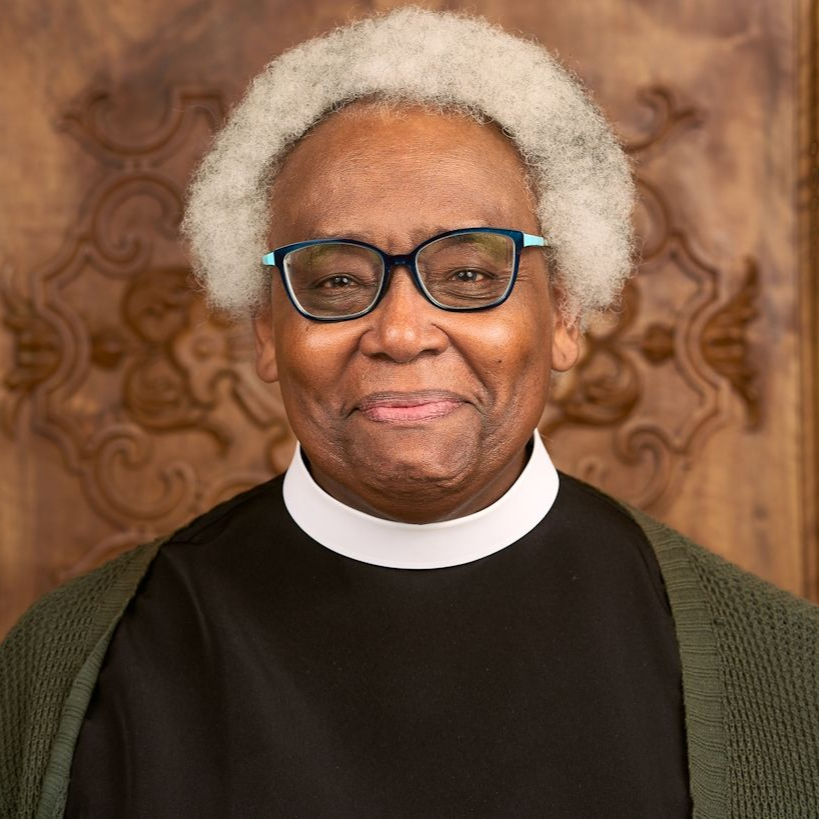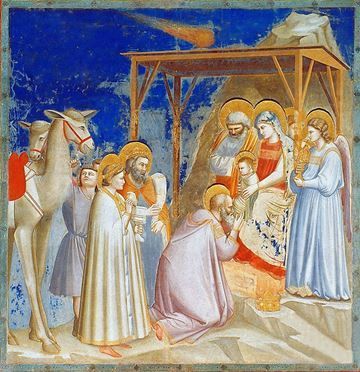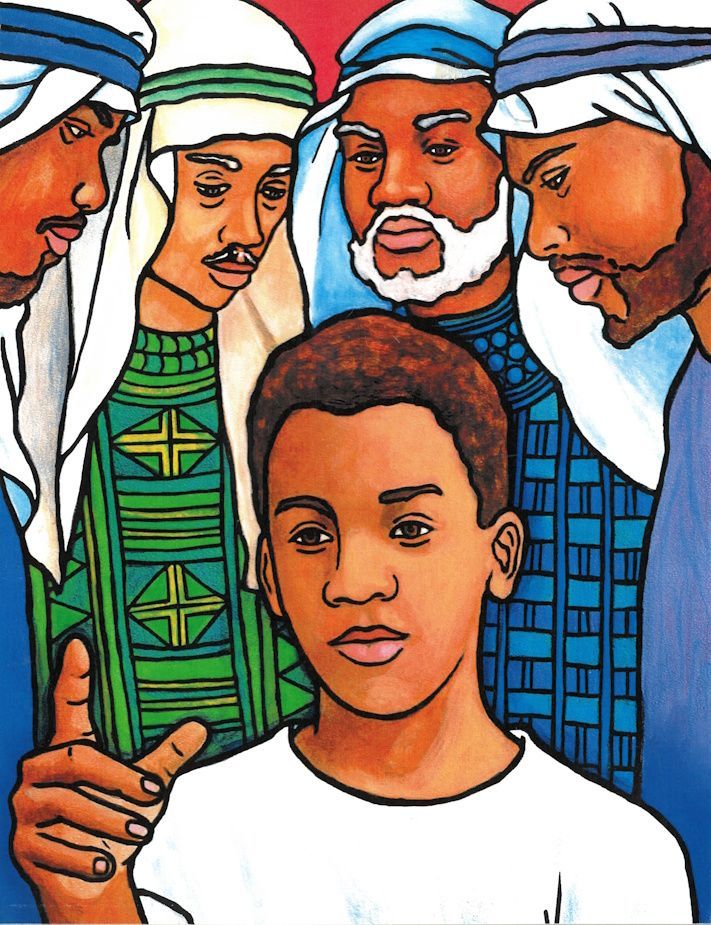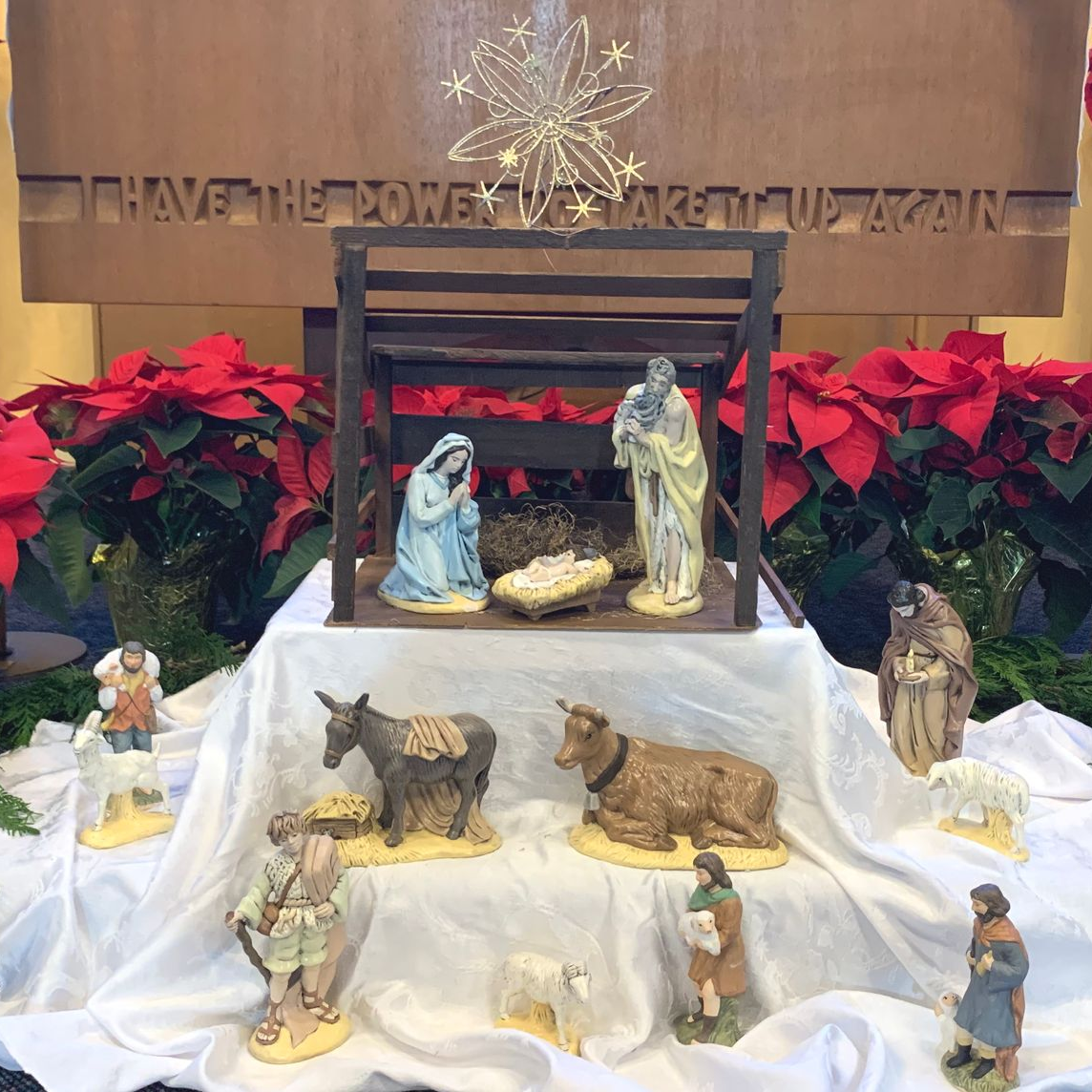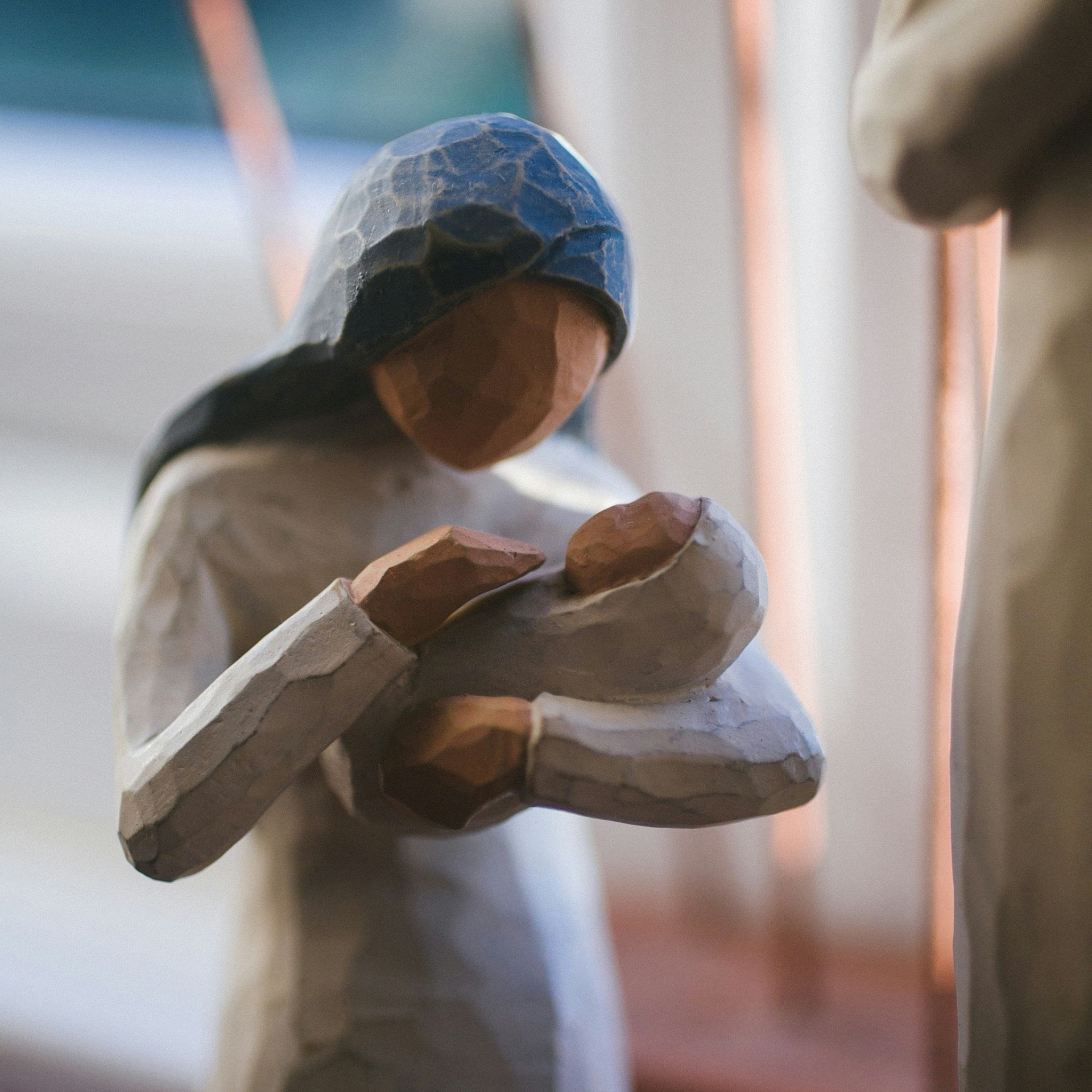The Dance of Three
The Trinity is not just an idea about God, but an experience of God and an invitation to a dance.
2025-34
sermon preached at Church of the Good Shepherd, Federal Way, WA
www.goodshepherdfw.org
by the Rev. Josh Hosler, Rector
The First Sunday after Pentecost: Trinity Sunday (Year C), June 15, 2025
Proverbs 8:1-4, 22-31 ;
Psalm 8 ;
Romans 5:1-5 ;
John 16:12-15
Our first experiences of God go all the way back to the womb. You can’t live in God’s universe without experiencing God. Then we hear words about God from our parents and other people in our lives, and we begin to learn that our experience of God can actually be shared and discussed. A small child once said this to me:
“I went outside, and I prayed to God with no words at all. And I didn’t hear anything back … except the wind blowing through the leaves in the trees.”
Time and experience may allow that child to hear the blowing wind as an answer in itself, and then perhaps to move on to even more sophisticated understandings of the ways God talks with us and nurtures relationship with us.
I have experienced my own faith as a continual unfolding—an ongoing revelation of truths that were always true, but that I couldn’t bear before now. Sometimes this unfolding means that I have to let go of understandings that no longer work. And so I followed a path from being an attempted “do-gooder” to discovering myself to be a hopeless sinner, and then relaxing into God’s forgiveness and redemption of me and finding hope again in Jesus.
All human beings, of all ages, are theologians. You are a theologian when you ponder, even for a moment, the mysteries of the universe. When you stand beside the ocean and feel small, you are engaging in theology. And when, for instance, you go out of your way to show love to someone who is of no use to you, or to defend people who are under attack, you are applying your theology and continuing to develop it in real time. Theology is the study of God, and it happens in everyday life, in everything we do, whatever else you might want to call it.
You see, then, that while the Christian life involves thinking about God, it is not something you can merely think your way into. I mean, I’m a pretty intellectual person, very much at home in the world of ideas. But postulating things about God has never caused me to fall in love with God. Sitting in an ivory tower, well-fed, privileged, and content can be terrible for one’s faith. Many people believe intellectually that there is a God but feel no need to let God affect their lives in any way. In other words, faith is caught, not taught, through participation in faith communities.
Today is Trinity Sunday. For many people, the Trinity might seem to be only a theologian’s intellectual game, irrelevant to our faith in any real sense. But what if I told you that the Trinity is not just an idea about God, but an experience of God and an invitation to a dance? What if I told you that the Trinity is a great example of the continual unfolding of things we couldn’t bear before now?
It all started when a small group of Jews found themselves worshipping a human being. This became much more pronounced after Jesus’ death, when dozens and then hundreds of people claimed to have seen him alive and talked with him and eaten with him and continued to learn from him. But Jews believe in one God, not two. How, then, to make sense of this new reality? Must there be two gods after all?
No, they realized. There is but one God, and Jesus is a manifestation of that one God. He referred to himself as the Son of Man, a metaphor steeped in the Hebrew Bible, but this turned out to mean Only Son of God—a human being in unique, eternally loving relationship with the same God who had given us the Law and the Prophets.
But wait: there’s more. God the Creator, after receiving the Son back into Godself again, sent the Holy Spirit on Pentecost. Are there three gods, then? No—still just one. And the Holy Spirit may also show up in the Hebrew Bible: we heard about Lady Wisdom today—in Greek, Sophia—in Hebrew, Chokhmah—feminine in both languages. The Book of Proverbs tells us that Wisdom was there at the beginning, working alongside God the Creator as the first of God’s creations—an image from the Hebrew Bible. But over the centuries, the church came to understand that God the Son and God the Holy Spirit are not created but have always been God.
And now we are into deeply poetic language. Theology must be poetic, I think, to be worthwhile. If you think you fully understand God, then by definition, you don’t. But you can always draw nearer to understanding. And to love this God-created world and its creatures is also to love their Creator.
Christians experience the Trinity in so many ways. Karen Armstrong writes that since God invented mathematics, the divine being is not limited by the construct of number. Such is the Trinity for someone who finds poetry in math! St. Augustine wrote that our every thought contains a Trinity: the thought process is informed by our memory, experienced in our understanding, and manifested through our will. We can be Trinitarian theologians, too. We can mine the Hebrew Bible for poetic hints of the Trinity: in the three strangers who visit Abraham in the desert, for instance.* Three is a magic number, as I learned from Schoolhouse Rock! And no metaphor is out of bounds as long as we recognize that all metaphors do break down.
In her play The Zeal of Thy House, renowned British author Dorothy Sayers explored the Trinity using a metaphor of creativity. Here’s a quote:
For every work of creation is threefold, an earthly trinity to match the heavenly.
First, there is the Creative Idea, passionless, timeless, beholding the whole work complete at once, the end in the beginning: and this is the image of the Father.
Second, there is the Creative Energy begotten of that idea, working in time from the beginning to the end, with sweat and passion, being incarnate in the bonds of matter: and this is the image of the Word.
Third, there is the Creative Power, the meaning of the work and its response in the lively soul: and this is the image of the indwelling Spirit.
And these three are one, each equally in itself the whole work, whereof none can exist without the other …
Idea, Energy, and Power: We can observe this metaphor every time we create something, whether it’s in words, in music, or in physical form.
Let’s say I want to write a novel. It starts with an idea, and contained in the idea is the whole work, but it isn’t fleshed out yet. So I flesh it out, expending energy and time and, in the old days, paper and ink, to create the work. The book has the physical boundaries of cover and pages, and the time of my work has a beginning and an ending, as did the earthly life of Jesus. Finally, I can share the finished novel with others, and the story I have created has Holy Spirit-like power to inspire others … Idea, Energy, Power. Father, Son, Holy Spirit. They are all separate persons, but they work together with unified purpose at every moment for the sake of the finished work—and we can call this finished work Love.
It’s hard to conceive of the Trinity without leaning in the direction of one of two heresies: the absolute unity of God at the expense of the Three, or the absolute diversity of God at the expense of the One. In the West, we tend to lean too much toward Unity. I am a father, a son, and a husband all at the same time, and that may seem to be a way to explain the Trinity. But I am not in any way three persons, so that metaphor lapses into the heresy called “modalism.”
Meanwhile, diversity reigns in the East; on the cover of your service leaflet you see a classic icon by Rublev showing the three persons of God sitting at a table and inviting the viewer to come and eat with them. The metaphor breaks down instantly when we seem to see in front of us three gods rather than one—this is the heresy of “partialism,” as if Father, Son, and Holy Spirit were each one third of God.
Both of these images approach the reality of God but fail to get there. But here’s the good news. As beings that God has created, we are products and images of the Creative Idea, Energy, and Power of God. We are the characters in the Great Story. And as if that weren’t enough, the author, the originator of the first Creative Idea, has also become a character in the story! We all belong to God and begin our lives already in relationship with God, and that will never end.
This relationship is not transactional. It’s more like a dance, and it’s patterned after the Trinity. Whatever one person of the Trinity does, the other two are doing as well, with unity of purpose. The three persons of the Holy Trinity are forever engaged in a dance of love, always giving love, always receiving love. And They (singular They!) are calling us into that dance.
When we dance together, we don’t all conform to the same steps or the same style. Sometimes we step out boldly, but at other times we withdraw—that’s how dancing works. And dancing only happens over the course of time—you can’t take a photo of people dancing and call that photo the whole dance. So dance, dance! all your life.
A dance doesn’t feel like a dogma, does it? In this dance, we move from stale certainties into new curiosities and questions. When you wonder about the Trinity, don’t be terrified of heresy. Rather, enjoy the dance … the dance of creating, redeeming, and sustaining … the dance of idea, energy, and power … the dance of life in this created universe, where we are created to love and always to dance into love in new ways. Amen.
* After I preached the sermon, the same child I quoted above, now an adult, informed me that there are nine Greek muses, not three. Oops. I removed the reference from the text, but it is committed to audio!
